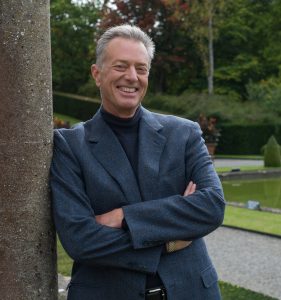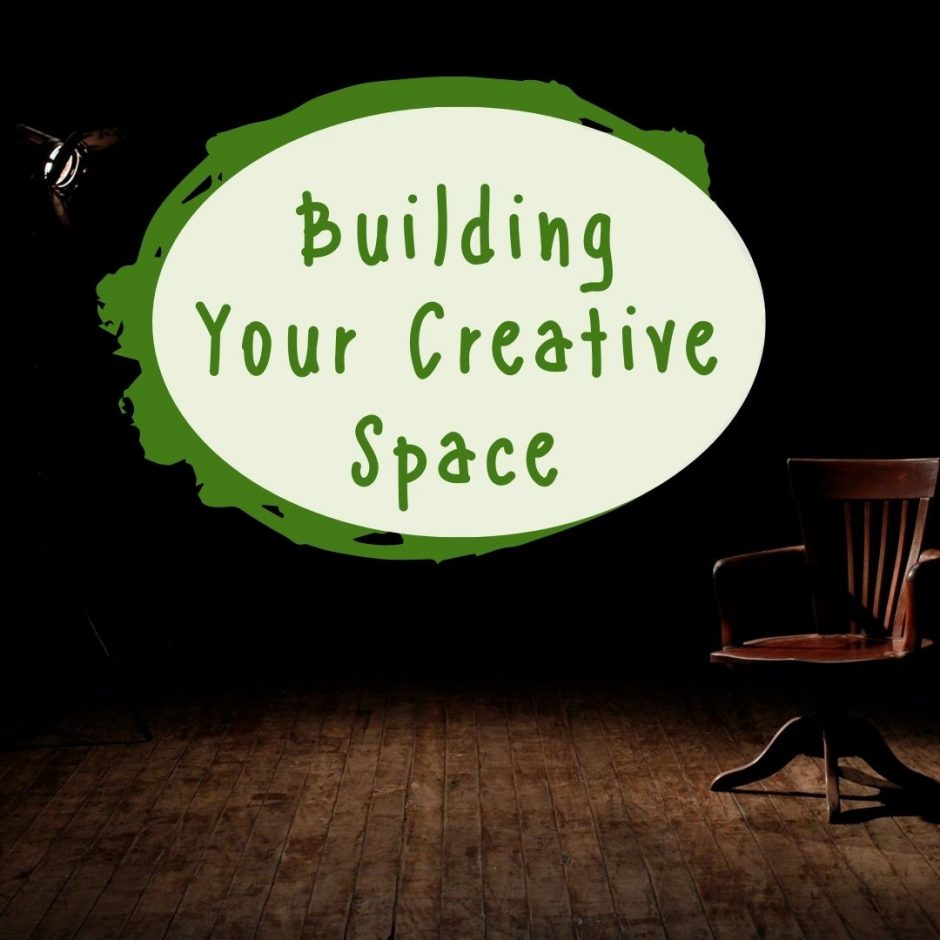“Each of us have moments when we are swept away by an inner sense of excitement about something we are doing or want to do. In this state, whatever we are working on seems to come alive with significance and even necessity, and our contribution seems to validate who we are or, perhaps more accurately, who we can be.”
Martha Graham, dancer and choreographer
Moments of inspiration cannot be forced into being. They cannot even be awaited. Instead, for the artist to truly be an artist, the creative work must continue despite this inspiration being absent.
But why bother?
There are so many other demands upon our time and energy. Why put up a fight against the incoming tide? I mean, let’s face facts here. There is so little chance we’ll succeed.
And another thing. What about everything we have to give up in order to make this creative dream reality?
I’m so glad you asked.
The life well lived is a search for identity, priorities, peace, wholeness. I’m not saying you’ll ever find them. But having the courage to even speak the words, especially to yourself, is a victory in and of itself.
Then one day, we fortunate few discover something we can give our total allegiance to. We identify a creative purpose that creates harmony from all the impossible elements and all the past pains.
Even speaking this new intent to ourselves is terrifying. What if we’re wrong? What if we get halfway down this road, and discover that we don’t have what it takes? What about the sacrifices?
The risks are huge. Of course we’re confused. And scared. We’d have to be nuts not to feel terrified.
The only answer I’ve found is to be honest about the alternative. Which is to coast through life.
Taking the easy road does not mean giving up on the creative dream. At least, not immediately. Instead, we tell ourselves that we’re simply waiting for that perfect solution.
Taking the easy road means, we expect – we demand – an opportunity that ties our sense of calling to the commercial realm. We want it to arrive risk-free, tied in a lovely blue ribbon.
Until that happens, we have a safe little excuse for not taking the leap and committing fully.
The problem is, you never grow beyond the delusion that life should deliver your dream on comfortable terms.
Don’t make that mistake.
You can’t attach a dollar value to this truth. If you go with the easier alternative, if you give into whatever stress life pummels you with, sooner or later you will be confronted with the sorrowful absence of what you gave up.
Okay, so now you have committed. Your creative efforts, your compass heading, are now part of your daily existence. How do you rise beyond this struggle. How do you find…
Bliss.
We cannot declare when the moment shall arise, when we cast off the chains of mundane existence and rise up to that incredible, exalted state. We can’t fashion the hour that our wings will unfold, and we fly off, and glimpse a brief fragment of creative bliss. We can’t, we just can’t.
But we can most certainly name it.
“Everything flows and nothing stays,” said Heraclitus, the fifth-century BCE Greek philospher, speaking of how time constantly moves us forward, and change is life’s only constant. But these days there is another meaning given to this word. And it is by this term that we will begin to take aim.
Flow.
Why call it this? Well, we need to call it something. And naming that moment when we become one with the practice of our art is sort of like trying to name a vacuum. In that instant, we simply are not there. So in naming it, we instead need to look at the process that brings us to that point.
Flow. It works as good as anything else.
I am not alone in this choice of a name. A number of sociologists, medical doctors, and psychologists are now studying the process by which an individual rises above themselves. Firsthand accounts of such experiences—from sports figures, martial arts experts, artists, and many others—say the same: It is marked by intense focus, heightened involvement in the action at hand, and two other elements.
First, the experience comes when the practice of this craft or art is so regular that it is natural. It is a disciplined component of every day.
The second factor is derived from the first. Because it is natural, we are able to gradually reduce our iron-clad grip upon the work, and through the very intensity of the creative act, we…
Flow.
In his book The Life We Are Given, George Leonard uses the term ‘focused surrender’ to describe the paradox of flow. Again, the term works as well as any. The aim is to both try and not try. To focus intently and at the same time surrender the will.
Remember what I said in an earlier Concept. The aim is not discipline.
The aim is balance.
The only reason discipline is mentioned so often is because for many creative types, this is the muscle that most needs work.
In achieving a personal sense of balance between the passion and the discipline, the artist can begin to let go.
And flow.
Flow where, you ask? Well now. That is for you to answer. Not me.
DO THIS NOW:
- Take careful aim at your creative dream. Commit. Grab hold with both hands. Get ready for the fight of your life.
- Visualize this commitment as a portal. And through this you can enter into that moment of true creative freedom. Sometimes. Not often enough, of course. But still.
- On your idea board, place a new card or slip of paper. On it write the one word: BALANCE
- Sometimes taking aim is, in itself, a magnificent achievement.

Davis Bunn’s novels have sold in excess of eight million copies in twenty-four languages. He has appeared on numerous national bestseller lists, and his titles have been Main or Featured Selections with every major US book club. In 2011 his novel Lion of Babylon was named Best Book of the Year by Library Journal. The sequel, entitled Rare Earth, won Davis his fourth Christy Award for Excellence in Fiction in 2013. In 2014 Davis was granted the Lifetime Achievement award by the Christy board of judges. His recent title Trial Run has been named Best Book of The Year by Suspense Magazine. Lately he has appeared on the cover of Southern Writers Magazine and Publishers Weekly, and in the past three years his titles have earned him Best Book and Top Pick awards from Library Journal, Romantic Times, Publishers Weekly, Booklist, and Kirkus. His most recent series, Miramar Bay, have been acquired for world-wide condensation-books by Readers Digest. Currently Davis serves as Writer-In-Residence at Regent’s Park College, Oxford University. Until Covid struck, he was speaking around the world on aspects of creative writing.
Watch an excerpt from his new book The Cottage on Lighthouse Lane here.
Learn about his new home at Blenheim Castle here.





No Comments